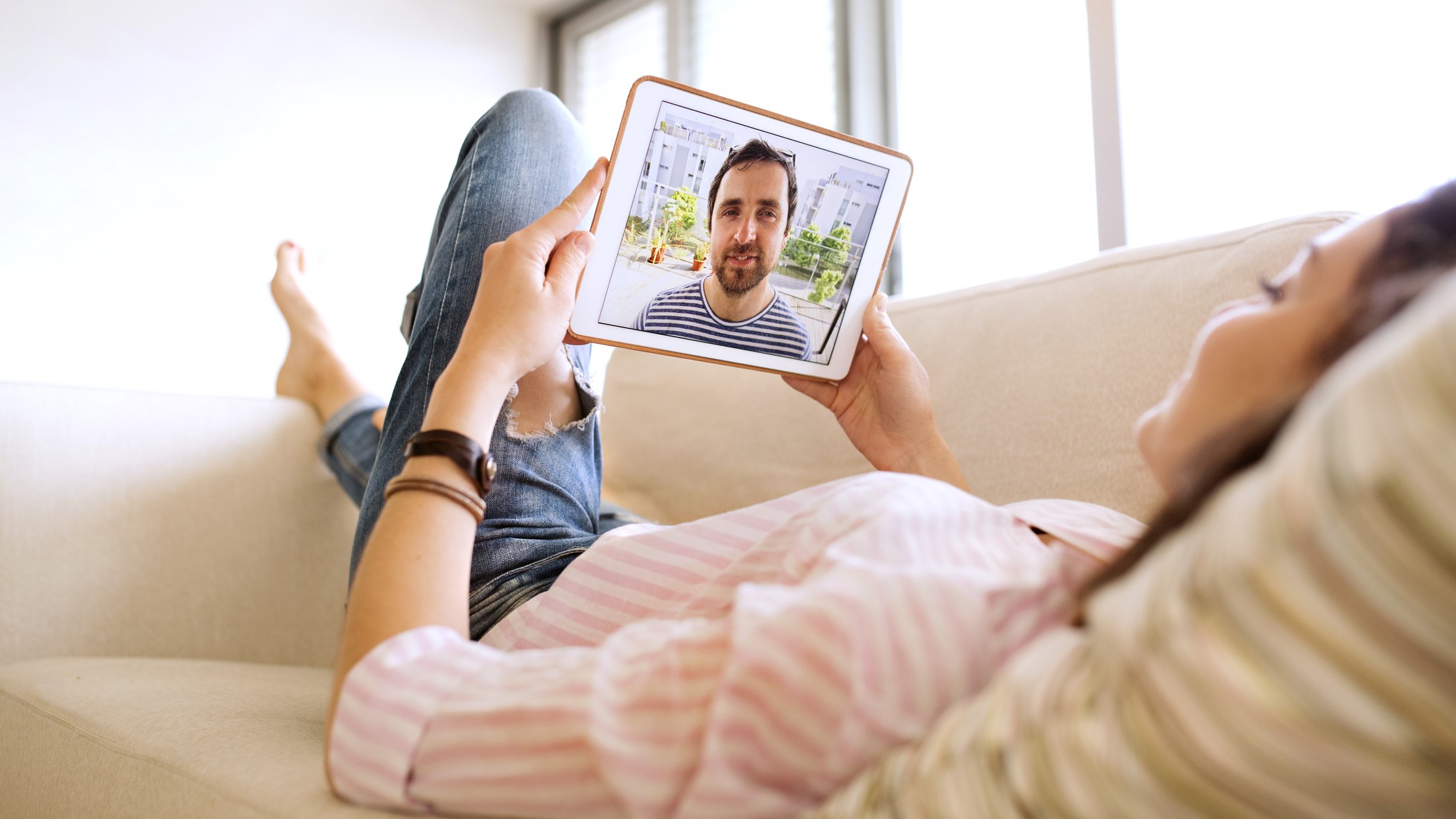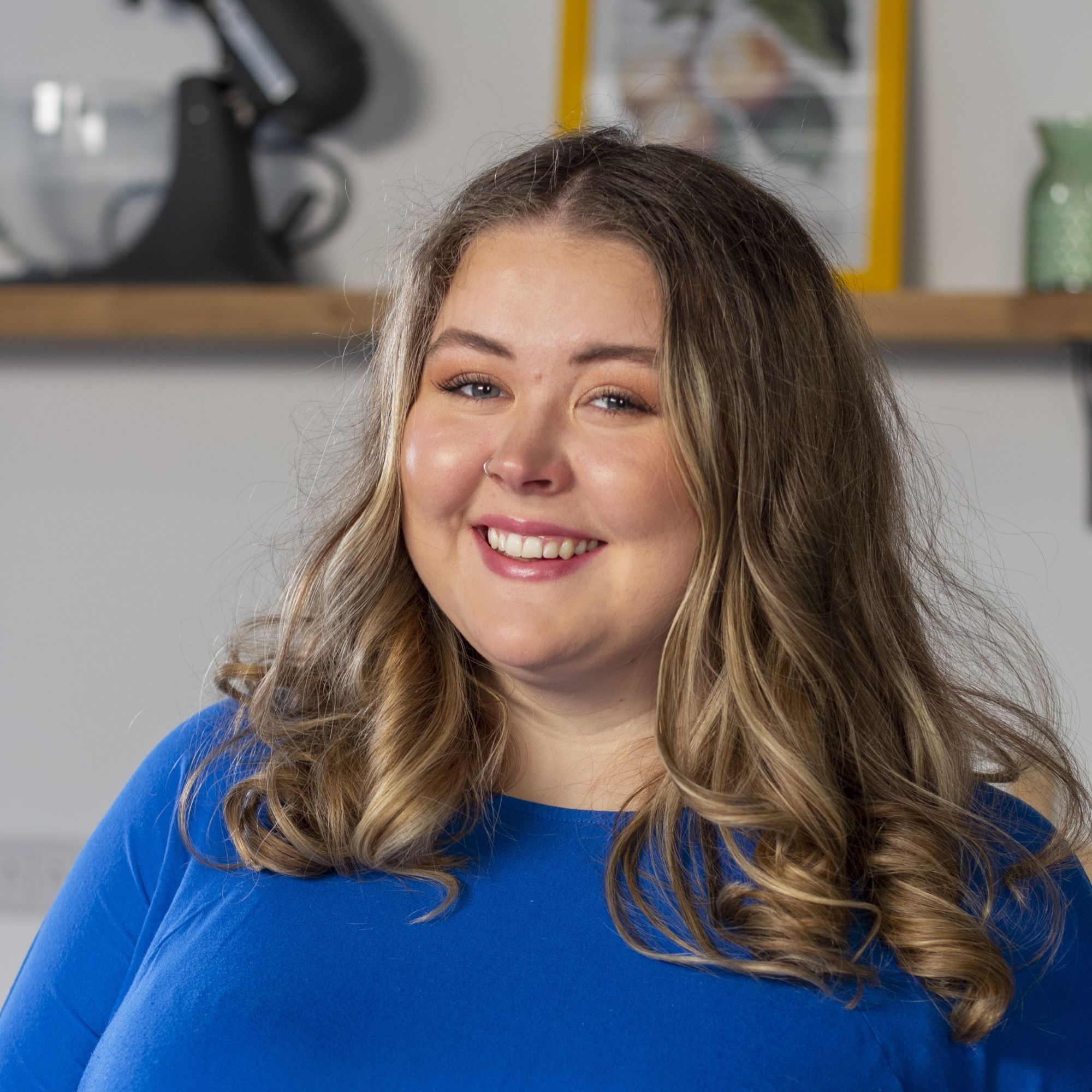With the best online dating sites seeing a huge rise in messages and matching during lockdown, Tinder is responding by launching an in-app video chat feature. The brand’s parent company, Match Group, announced the feature in a shareholder letter yesterday, making it one of the first free dating apps to jump on the video date trend, and certainly the biggest.
As the coronavirus pandemic forces people to stay indoors, many suspected that the online dating industry could be in trouble. This is because, while people were still able to swipe, match and chat online, they wouldn't be able to go on dates. However, singles are adapting to the shift. OkCupid recently found that 94% plan to continue to date throughout the coronavirus crisis, and the letter from Match Group also revealed that 70 per cent of Hinge users say they're open to a phone or video date.
Many online dating sites, such as Match.com and eHarmony, have already introduced in-app or on-site video call features, claiming that this is a safer way for singles to meet online, as it doesn't require personal information such as phone numbers to be exchaged.
How lockdown is changing dating
Tinder has reported an all-time high in swipes and activity under lockdown. Women under the age of 30 are among those with the most notable increase in activity, with their daily average swiping increasing by 37% in the last month.
Match Group also reported that the average number of daily messages sent across all of its brands was 27 percent higher than the last week of February for the month of April. For the under-30 age group, it was 35% higher.
However, despite increases in swiping and chatting, Match Group has also reported a decrease in premium signups:
“The virus has had a number of effects on our business, including…higher levels of engagement among users of our products to make virtual connections, increased acceptance of video chat for dating, and lower levels of new users signing up and propensity to pay.”
With a recent report revealing that only around one-in-four (23%) lower-income Americans have sufficient rainy day funds set aside to cover their expenses for three months, it may be the case that singles are reluctant to splash out for paid online dating as they face financial stress.

